Science Twitter Needs a New Home
Covid energized, then fractured, the community. Elon Musk may have caused it to finally dissipate.
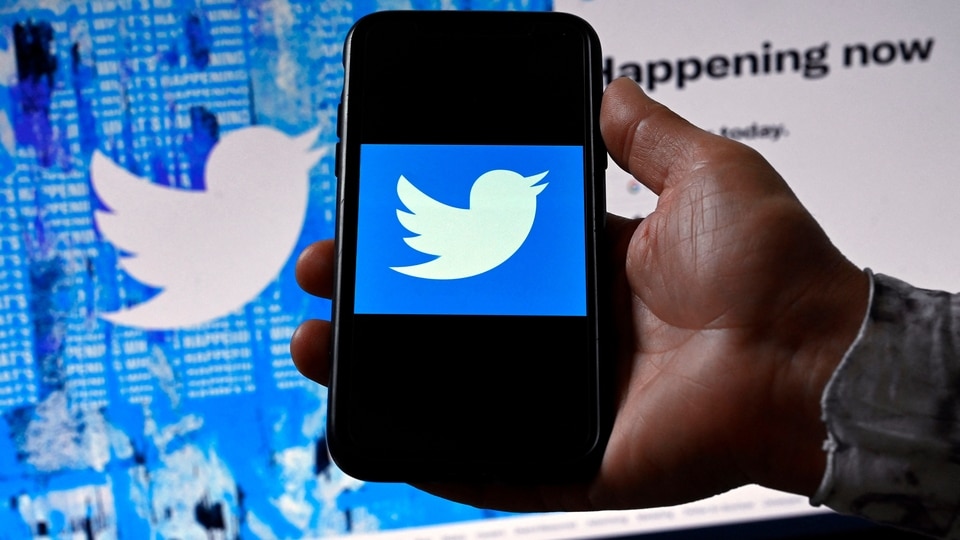
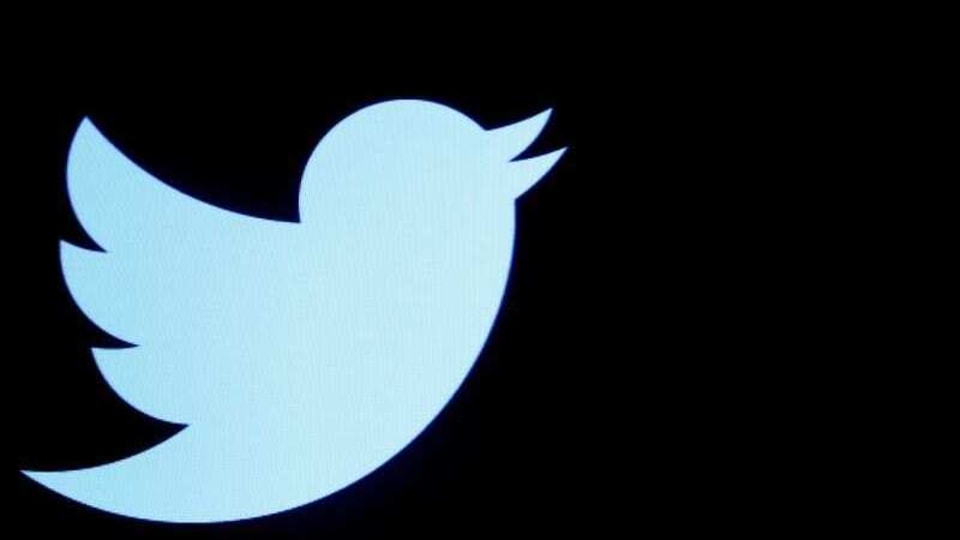
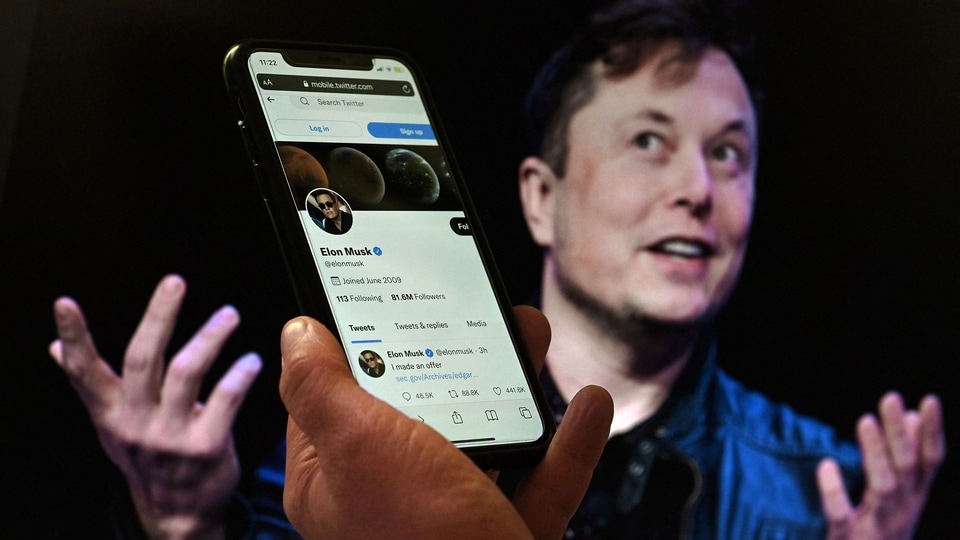
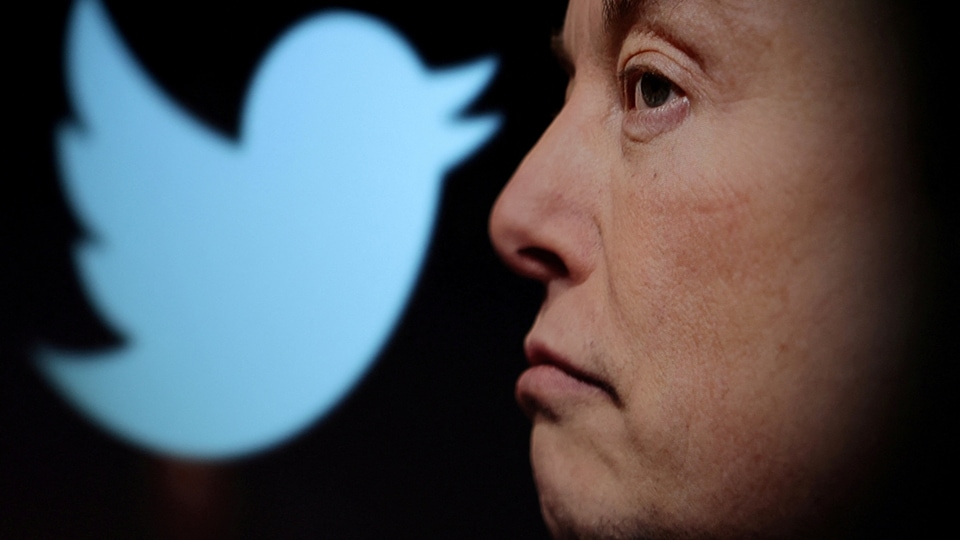
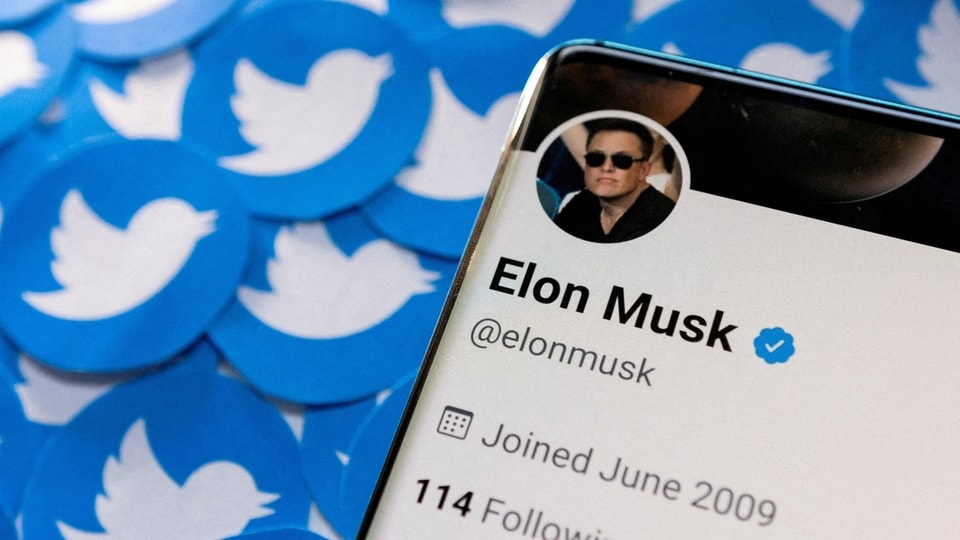
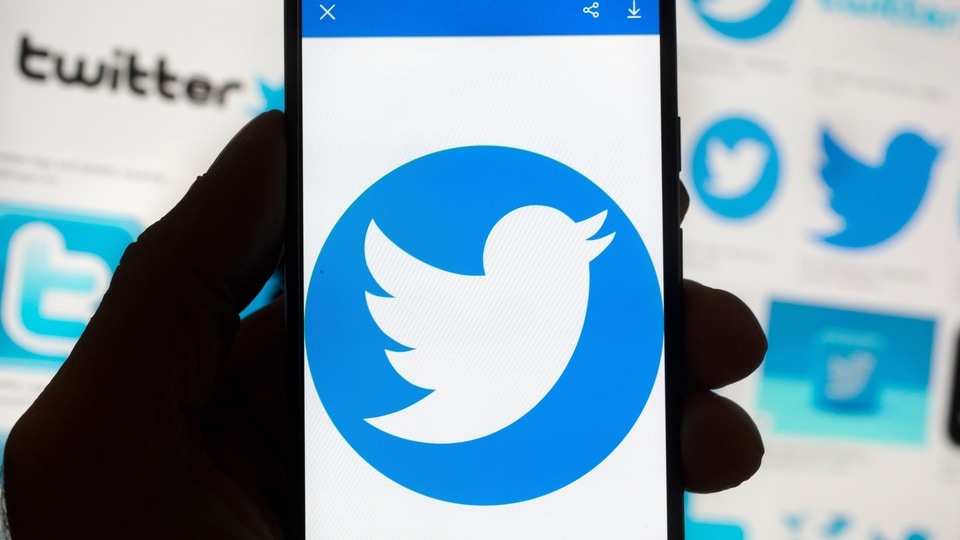
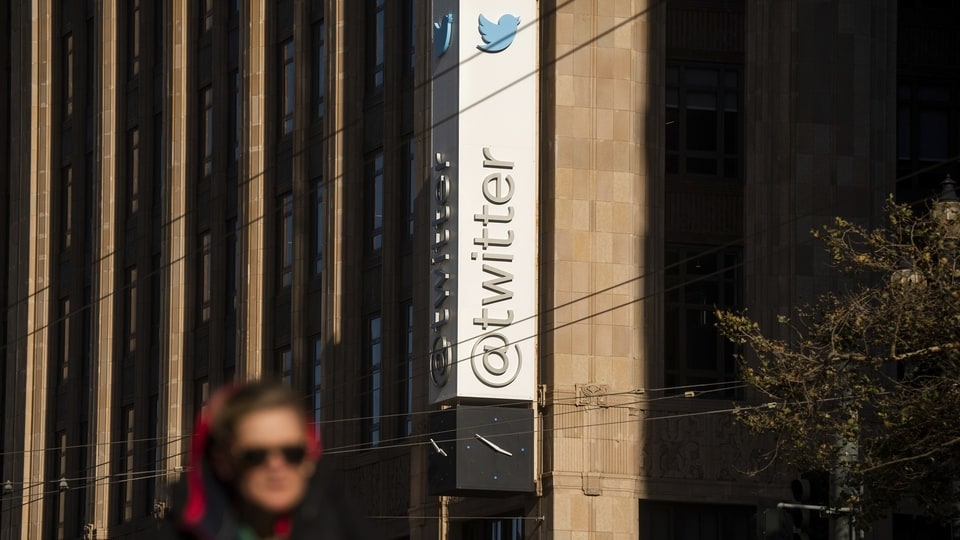
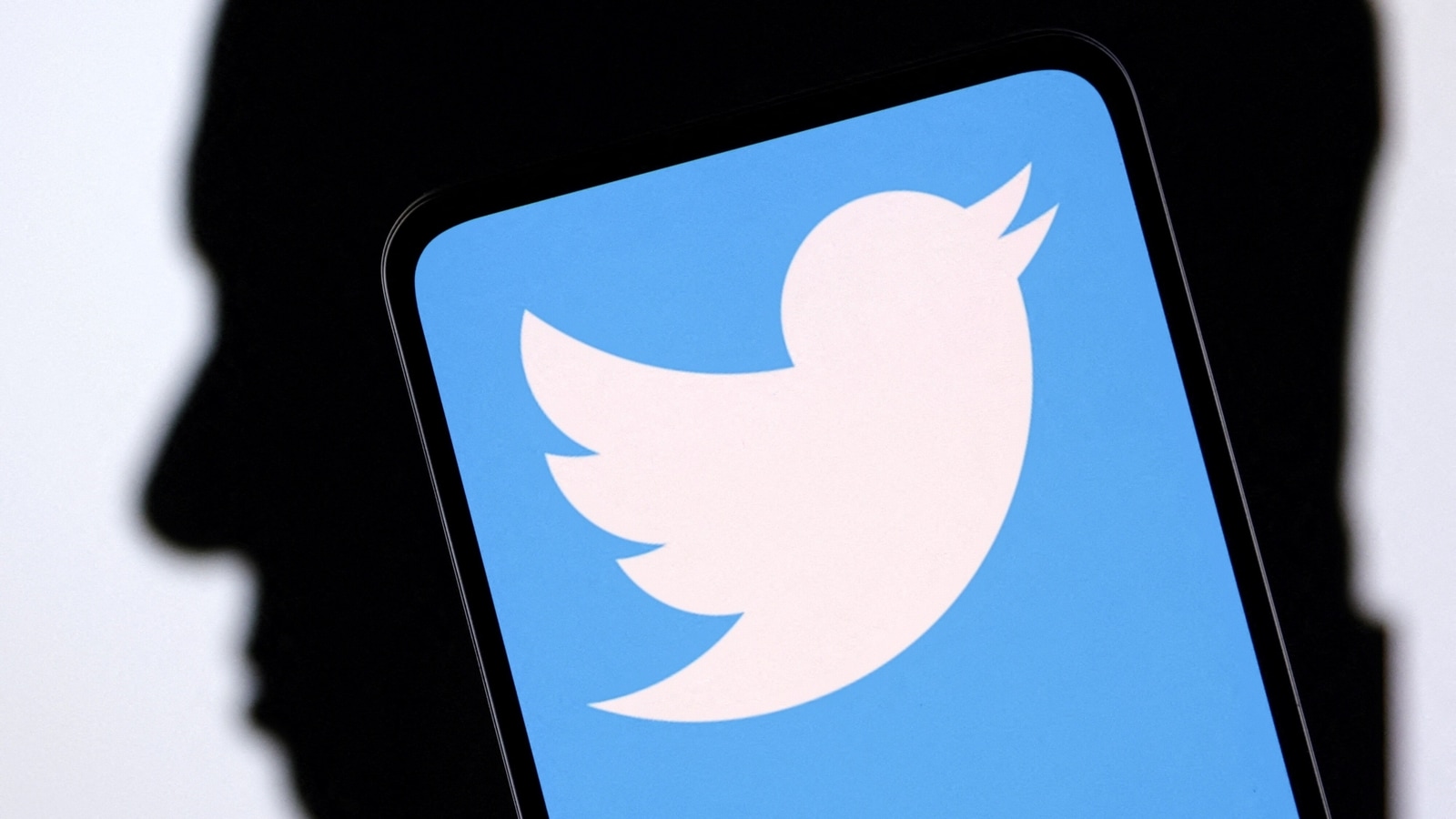
 View all Images
View all ImagesI will miss science Twitter.
It's hard to overstate the influence of the social network on science during the Covid pandemic — and the pandemic's influence on science Twitter. A rich community of researchers and science journalists existed there before Covid, but seemed to expand exponentially during the early months of the pandemic.
Twitter became an invaluable tool for finding, sharing and debating emerging science on the virus. Researchers made connections and collaborations through the platform, posted data nearly in real time, and often explained those findings (and their limitations) in lay terms so that journalists and the general public could understand them.
Of course, there were downsides. Healthy debate could be misinterpreted by the public as uncertainty rather than a natural part of the scientific progress. Follower counts could be conflated with expertise, amplifying hot takes that served to make people either overly anxious or overly blasé about the disease.
Then there was the in-fighting. By year three, science Twitter had gone from being largely united against a common enemy — Covid — to being divided over the right response to that enemy. What was once useful public vetting of information became instead an opportunity for each faction to reaffirm their particular pet position. Nuanced discussion was lost. Some arguments escalated into verbal abuse. And yet, the optimist in me felt certain that if a new virus emerged, science Twitter would get its act together.
That optimism evaporated following Elon Musk's takeover of Twitter. Even if the last two months of chaos turn out to be a momentary wrinkle, I can't imagine the community will ever operate like it once did. Agents of misinformation and disinformation had always been problem, particularly when it came to Covid, but are increasingly indistinguishable from — and at times seem to be algorithmically preferred to — reliable sources. Some prominent members of the science Twitter community have understandably dialed back their use or left the site altogether. Even if there are good conversations happening, they've become very hard to find.
That science community, of course, had always been about so much more than Covid. The platform has played an important role in vetting new discoveries. The rise of science Twitter — which I'm using here as a catchall for all corners of the biotech, medical and vast scientific universe — coincided with the rise of preprint servers. Those allow data to be shared quickly and openly, but before it's been peer reviewed. One could watch in real time as researchers digested new papers, pointing out their limitations or highlighting where the work might matter.
Twitter also helped create a venue for public accountability in science. People like Dutch microbiologist Elizabeth Bik used the forum to shed light on research improprieties in both academia and biotech companies.
Even with its warts — and we all know there are many — those things are not only worth keeping alive, but important to maintaining a healthy scientific ecosystem.
Yet most people I've talked to seem to agree that Twitter is no longer the place. And as long as Musk is the owner, it seems unlikely to recover.
As Derek Lowe, a well-regarded pharma blogger told me the week after he announced he was leaving Twitter for good, “It might be able to piece itself back together, kind of like gravity gradually bringing the chunks of a shattered asteroid back together.” Then again, he added, “it might not.”
The two prime destinations for the broader science Twitter community seem to be Mastodon and Post. Both, for now at least, feel half-baked. Communities take time to develop, but they also need the right format to flourish. Whatever comes next needs to be able to facilitate discussion that's easy to find and participate in, and allows all stakeholders to be heard. From what I've seen so far of Mastodon and Post, I'm not sure either is quite it.
The lack of a viable alternative likely means the community will splinter. As one researcher pointed out (on Twitter, of course), they've noticed journalists migrating to Post and scientists heading to Mastodon. That would mean losing the best aspect of Twitter — that is, that so many people were in the same room. Over the past 13 years, I've been able to participate in conversations between biotech CEOs, academic researchers, venture capitalists and patients — really anyone who has a stake in a technology or new drug or health-care policy.
So yes, I will miss science Twitter — and in fact, I already do.
Catch all the Latest Tech News, Mobile News, Laptop News, Gaming news, Wearables News , How To News, also keep up with us on Whatsapp channel,Twitter, Facebook, Google News, and Instagram. For our latest videos, subscribe to our YouTube channel.































